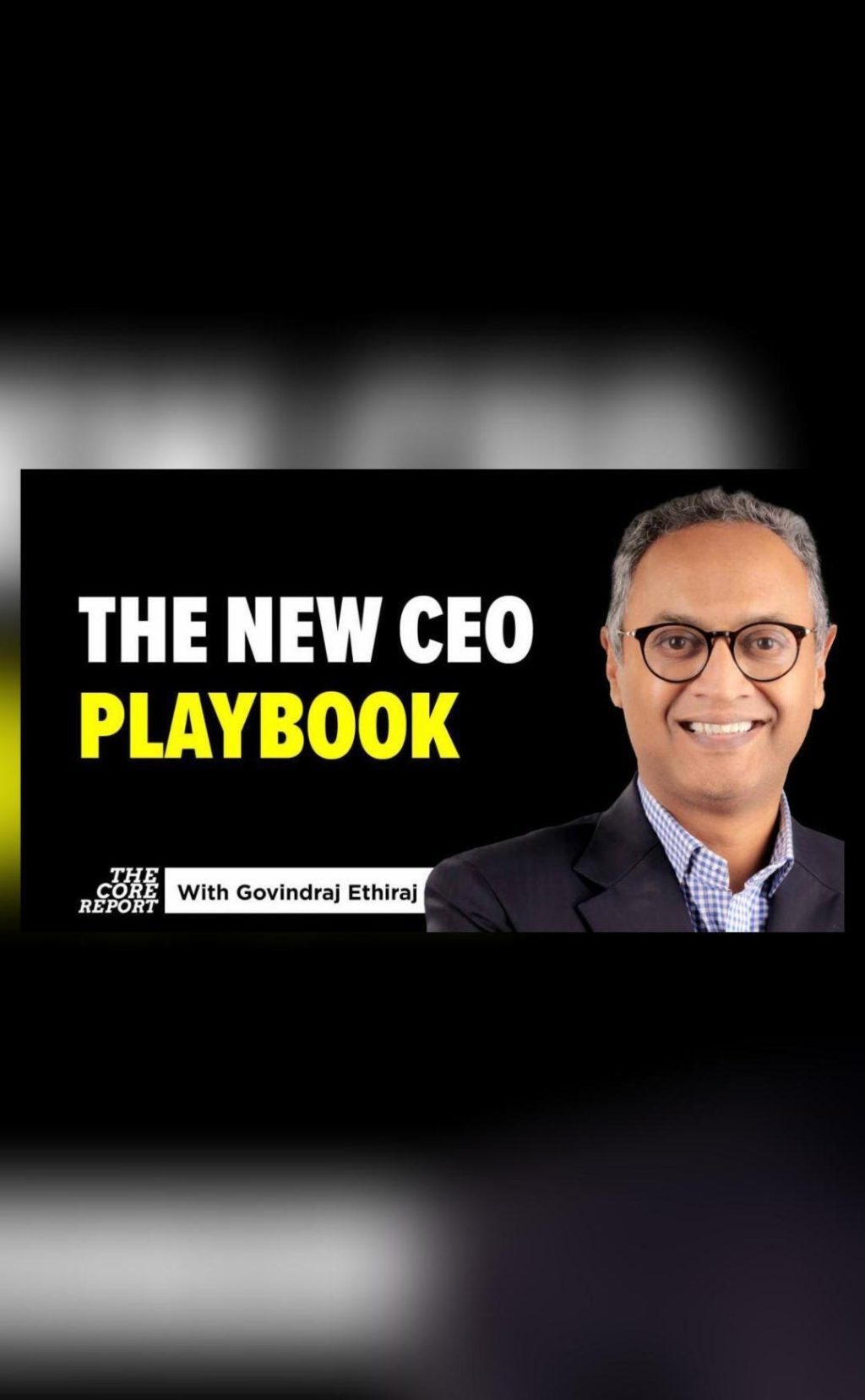
The New CEO Playbook: AI Pressures & Global Tariff Shocks
The role of a CEO has never been more complex and challenging. As artificial intelligence (AI) continues to reshape industries and global tariff shocks disrupt trade, business leaders must navigate unprecedented pressures to automate, innovate, and adapt. In an era of uncertainty, CEOs are being pushed to rethink strategy and operations, question long-held business models, and prioritize localisation.
In this new playbook, CEOs must master the delicate balance between driving technological advancements and mitigating the risks of automation. As AI-powered tools enhance productivity and efficiency, they also threaten to displace human workers, exacerbating existing skills gaps and creating new ones. The pressure to innovate is intensifying, and companies that fail to adapt will struggle to remain competitive.
Meanwhile, the ongoing trade wars and shifting trade policies are creating a perfect storm of uncertainty. Tariffs, quotas, and other trade restrictions are disrupting global supply chains, forcing companies to reassess their global operations and seek new markets. The threat of protectionism is real, and CEOs must be prepared to navigate the complex web of trade agreements and regulatory frameworks.
So, what does this mean for CEOs and their teams? In this blog post, we’ll explore the key challenges and opportunities arising from AI pressures and global tariff shocks, and provide guidance on how to develop a winning strategy in this new playbook.
The AI Revolution: Opportunities and Challenges
AI is transforming industries at an unprecedented pace. From healthcare to finance, manufacturing to logistics, AI-powered tools are enhancing productivity, improving decision-making, and creating new revenue streams. However, the benefits of AI are not evenly distributed, and the risks of automation are significant.
As AI displaces human workers, companies must be prepared to upskill and reskill their workforces. This requires a sustained investment in employee development, as well as a willingness to adapt business models and processes to accommodate the changing needs of the workforce.
For CEOs, the AI revolution presents both opportunities and challenges. On the one hand, AI-powered tools can help drive innovation, improve operational efficiency, and enhance customer experiences. On the other hand, the pressure to automate and innovate is intense, and companies that fail to adapt will struggle to remain competitive.
The Trade Wars: Shifting Sands and Uncertainty
The ongoing trade wars are causing unprecedented uncertainty for global businesses. Tariffs, quotas, and other trade restrictions are disrupting supply chains, forcing companies to reassess their global operations and seek new markets. The threat of protectionism is real, and CEOs must be prepared to navigate the complex web of trade agreements and regulatory frameworks.
In response to these challenges, companies are being pushed to localise their operations, diversify their supply chains, and develop new trade strategies. This requires a deep understanding of global trade policies, as well as a willingness to adapt business models and processes to accommodate changing market conditions.
For CEOs, the trade wars present both opportunities and challenges. On the one hand, the disruption of global supply chains creates opportunities for companies to innovate and adapt. On the other hand, the uncertainty and unpredictability of trade policies are significant risks that must be managed.
The New CEO Playbook: Strategies for Success
So, what does this mean for CEOs and their teams? In this new playbook, success will depend on a company’s ability to balance the demands of AI pressures and global tariff shocks. Here are some key strategies for CEOs to consider:
- Invest in employee development: As AI displaces human workers, companies must be prepared to upskill and reskill their workforces. This requires a sustained investment in employee development, as well as a willingness to adapt business models and processes to accommodate the changing needs of the workforce.
- Localise operations: The disruption of global supply chains creates opportunities for companies to localise their operations. This requires a deep understanding of local market conditions, as well as a willingness to adapt business models and processes to accommodate changing market conditions.
- Diversify supply chains: Companies must be prepared to diversify their supply chains, reducing dependence on single suppliers and markets. This requires a deep understanding of global trade policies, as well as a willingness to adapt business models and processes to accommodate changing market conditions.
- Develop new trade strategies: The ongoing trade wars require companies to develop new trade strategies, prioritising localisation, diversification, and adaptability. This requires a deep understanding of global trade policies, as well as a willingness to adapt business models and processes to accommodate changing market conditions.
- Focus on innovation: The pressure to innovate is intensifying, and companies that fail to adapt will struggle to remain competitive. CEOs must prioritize innovation, investing in AI-powered tools, new business models, and emerging technologies.
Conclusion
The role of a CEO has never been more complex and challenging. As AI reshapes industries and global tariff shocks disrupt trade, business leaders must navigate unprecedented pressures to automate, innovate, and adapt. In this new playbook, CEOs must master the delicate balance between driving technological advancements and mitigating the risks of automation. By investing in employee development, localising operations, diversifying supply chains, developing new trade strategies, and focusing on innovation, CEOs can develop a winning strategy in this new playbook.
Source:






